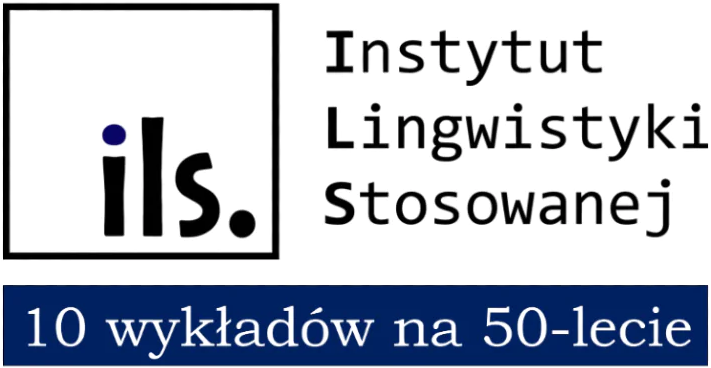Talk 4

Professor Elisabet Tiselius
Institute for Interpreting and Translation Studies
Department of Swedish Language and Multilingualism
Stockholm University
More information
Exploring cognitive processes in dialogue interpreting
Dialogue interpreting (i.e., the type of very short consecutive interpreting often used in encounters in the public service sector) requires efficient allocation and management of working memory resources. In a large project on the cognitive processes of dialogue interpreting we have explored the working memory capacity and the language proficiency of dialogue interpreters. We also investigated indications of cognitive load during dialogue interpreting.
Our study looked at 14 dialogue interpreters with different language combinations (Swedish as one working language and either French, Polish or Spanish as the other) and different levels of experience (experienced n=7, and inexperienced n=7). The interpreters performed working memory tests, language proficiency tests and general intelligence tests. The participants also interpreted a simulated interpreting encounter recorded both with eye-tracking glasses (worn by the interpreter) and with video cameras.
In my talk, I will talk about what dialogue interpreting is and what we have found so far about the possible cognitive profile of dialogue interpreters (expressed through working memory tests and performance indicators of cognitive constraints). The number of participants is small, and the study is exploratory, it may however serve as a baseline for future work on the cognition of dialogue interpreting.
The research is funded by the Swedish Research Council (Invisible process VR2016-01118).
